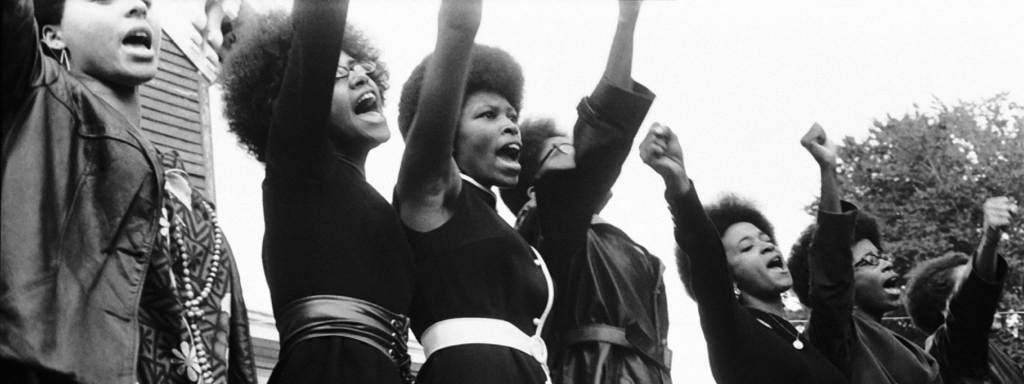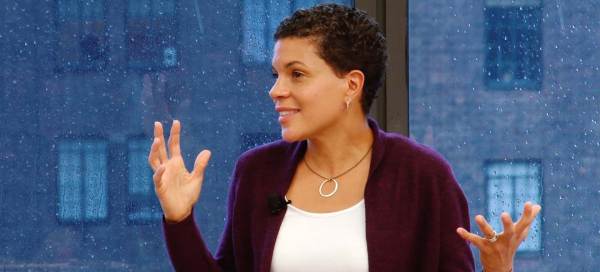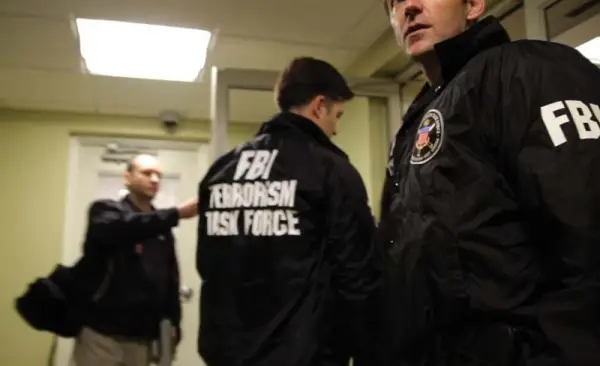
Fifty years after the founding of the Black Panther Party—and amid the rise of #BlackLivesMatter, with racial justice a focus of everything from the US presidential election to Beyonce’s Super Bowl performance—the time is ripe for a look back at the history and legacy of this pivotal movement.
Directed by Stanley Nelson (and supported by Ford Foundation JustFilms), The Black Panthers: Vanguard of the Revolution is the first feature-length documentary to explore the Black Panther Party, its lasting impact on American culture, and the lessons it has for social justice movements today. As Nelson explains, “To better understand the Black Panther Party is to be able to better reflect on our own racial climate and collective responsibility to ensure basic rights are fulfilled, not diminished, and that voices of justice and dissent are celebrated, not silenced.” Nelson is also the founder of Firelight Media, which produced The Black Panthers, runs a mentorship program for emerging filmmakers, and creates community engagement campaigns for documentaries.
The Black Panthers will air on PBS on February 16 as part of the network’s documentary lineup for Black History Month. It will be available for free streaming on PBS.org for one week after that. Ahead of the film’s television premier, I asked filmmaker Stanley Nelson five questions about the film and why the Black Panthers still matter today.
Chi-hui Yang: The film begins and ends with a recitation of the Black Panthers’ “Ten-Point Plan,” which includes calls for full employment, decent housing, and an end to police brutality against African Americans. What are the parallels between the Black Panthers and what’s going on today?
Stanley Nelson: The Panthers began in Oakland, California 50 years ago as a result of police brutality—obviously, an issue that is still with us today. When I started making the film nearly eight years ago, I thought that so many things in the ten-point program were still relevant. In the past couple of years, it has become even more relevant. That’s one reason the film ends with a fade out while we hear the ten-point program being read. We wanted to remind viewers that these issues are still with us.
CY: Former Black Panther Jamal Joseph, who appears in the film, has said that if the Panthers were on the streets today, they would be wielding cameras instead of guns. What is the role of cameras (whether dash-cam, bystander or surveillance) in social justice movements today?
SN: I think the use of cameras has been instrumental in movements today. Over and over again, cameras have provided witness to police misconduct on our streets. They are being used to “police the police,” just as Panthers did with guns in Oakland 50 years ago.
CY: You’ve made a number of films that chronicle historic social movements, including 2014’s Freedom Summer, which looks at the activists who descended on segregated Mississippi in 1964 to register black people to vote. What draws you to these stories?
SN: I’m drawn to stories of social movements because I’m very interested in stories that go beyond the “great man” or “great woman” way of telling history. Social movements allow us to see the work of the “foot soldiers” of history. These stories also show that you don’t have to be superhuman to want change, or to fight for it.
CY: With The Black Panthers you’ve mounted a campaign that collaborates with local and national organizations not only to create audiences for the film, but also to support social justice organizing. Why is this integrated strategy so important to your work?
SN: It’s important that these films not live in what I call “a historic bubble,” but that they inform our lives today. It’s important that they perform as entertainment, and also that they are used in classrooms. Given the events in this country over the last year and a half or so, using the Panthers as an organizing tool seemed natural.
CY: As an African American filmmaker and chronicler of black history, what’s been your reaction to the criticism around the Oscars’ lack of diversity?
SN: I believe that the Oscars surely need to be more diverse. But it is a much deeper problem: a problem of what films get made and who works on them, both behind and in front of the cameras. Until that changes, giving an Oscar nod to filmmakers of color from time to time is just window dressing. That’s why we run the Documentary Lab at Firelight Media. Our aim is to get more people of color behind documentary cameras and to truly diversify the industry.
Watch the trailer:
Accessibility Statement
- All videos produced by the Ford Foundation since 2020 include captions and downloadable transcripts. For videos where visuals require additional understanding, we offer audio-described versions.
- We are continuing to make videos produced prior to 2020 accessible.
- Videos from third-party sources (those not produced by the Ford Foundation) may not have captions, accessible transcripts, or audio descriptions.
- To improve accessibility beyond our site, we’ve created a free video accessibility WordPress plug-in.



